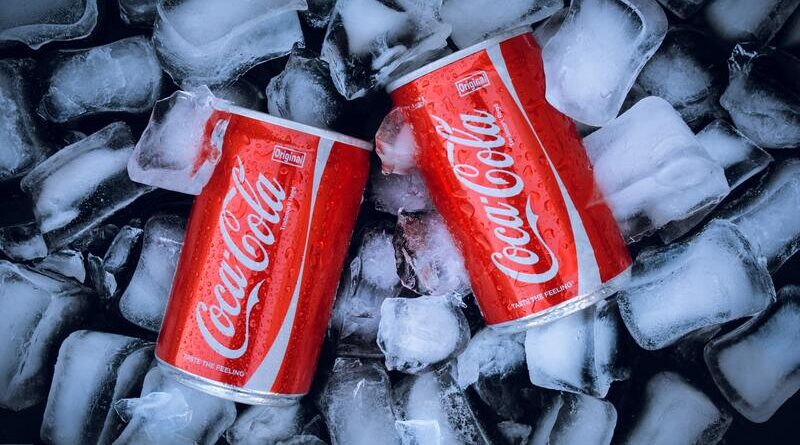How to Learn Nutrition Facts on Coca Cola?
Hi there, those who are concerned about their health and consume soda! Simply let’s explore the mysterious world of Coca-Cola, a preferred beverage that has long been a part of modern life. Don’t swallow that sugary delight just yet; let’s examine the nutrition facts on Coca Cola concealed beneath its cool shell.
Purpose of Coca Cola
The Coca-Cola Corporation crafts effervescent soft beverages recognized as Coke or Coca-Cola. Originating in the 1800s, this beverage has flourished into a widely favored elixir relished by countless individuals globally. Coca-Cola has emerged as a prevalent refreshment in societal existence and mainstream media, thanks to its unique taste and fizzy consistency.
What’s Actually in a Coke Can?
Now, let’s get into the nitty-gritty – what exactly goes into your system when you pop a can of Coca-Cola? Here’s the lowdown on the nutrition stuff for an everyday 12-ounce (355 ml) serving:
Calories:
A given, might not seem like a lot, but keep in mind that these are useless calories with little nutrition facts to speak of.
Total Fat:
None at all. Coca-Cola is a fatless beverage, with nada fat content, period.
Sodium:
Approximately 45 milligrams. While not sky-high, this amount is worth noting for those keeping an eye on their sodium, especially if chugging multiple cans a day.
Nutrition Facts on Coca Cola Total Carbohydrates:
Quite a hearty 39 grams. The main deal in Coca-Cola is sugar, leading to its high carb content. This sugar intake can mess with your diet balance, especially if you’re trying to be cautious.
Sugars:
The situation at hand is this: A container of Coca-Cola contains a substantial 39 grams of sugar, equivalent to approximately 10 teaspoons! Surplus sugar is associated with certain health ramifications like corpulence, diabetes, and dental decay, emphasizing the importance of consuming Coca-Cola judiciously.
Protein:
None, zilch. Coca-Cola’s missing any significant protein, making it a not-so-great protein source.
Nutrition Facts on Coca Cola Other Ingredients:
Besides water, sucrose, and fizz, Coca-Cola comprises organic essences, caffeine, and phosphoric acid, amplifying its unique zesty bite.
The Effect on Your Health: Should Nutrition Facts on Coca Cola Be Avoided?
Now that we’ve checked out the nutrition deets of Coca-Cola, you might be thinking – is it all that bad for ya? Well, like lots of things, the answer isn’t black and white.
On one hand, Coca-Cola’s certainly high in sugar and calories, possibly adding to weight gain and health bumps when sipped too often. Plus, the phosphoric acid can munch away at tooth enamel over time, spelling trouble for your pearly whites.
On the flip side, enjoying a Coke now and then isn’t likely to wreck your health, especially if you keep your heart healthy diet and lifestyle balanced. It’s all about finding the right middle ground and being smart about what you drink.
Nutrition Facts on Coca Cola Making Smart Choices: Coke Alternatives
If you’re aiming to cut down on Coke or explore healthier options, fret not – there’s plenty out there! Think of swapping out sugary sodas for fizzy water with a dash of fruit juice for flavor, or savor homemade iced tea sweetened with honey or agave nectar.
And hey, many brands now offer low-cal or sugar-free versions of popular soft drinks, including good ol’ Coca-Cola. While these might not hit the Coke taste spot on, they can still scratch that fizzy itch without the guilt.
Conclusion
So, Coca-Cola is an everyday drink around the world, but it’s important to be aware of its nutritional structure and potential health risks. You can drink it in small amounts.
Thus, the next time you grab the can, keep in mind to savor your cold Coke sensibly and wisely. Here’s to making savvy choices and savoring life’s sweet moments responsibly! Cheers!
